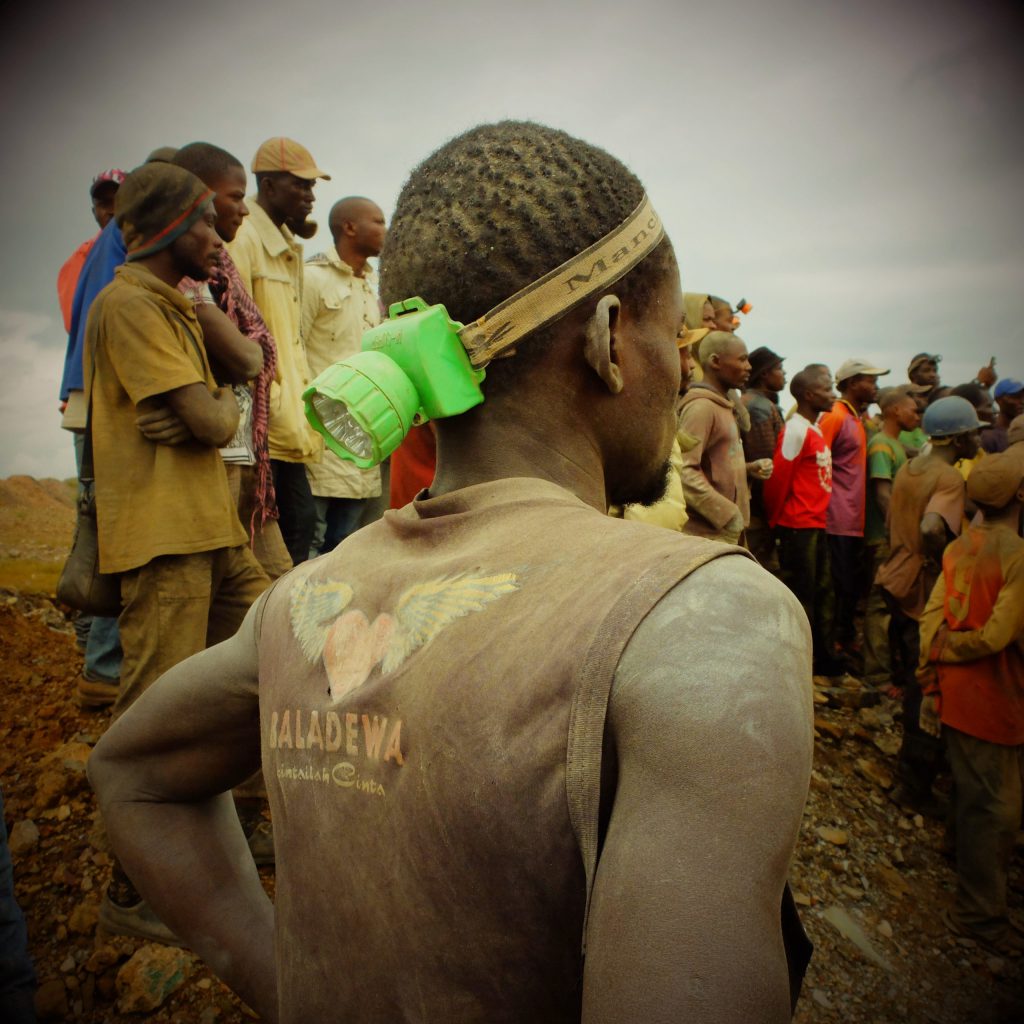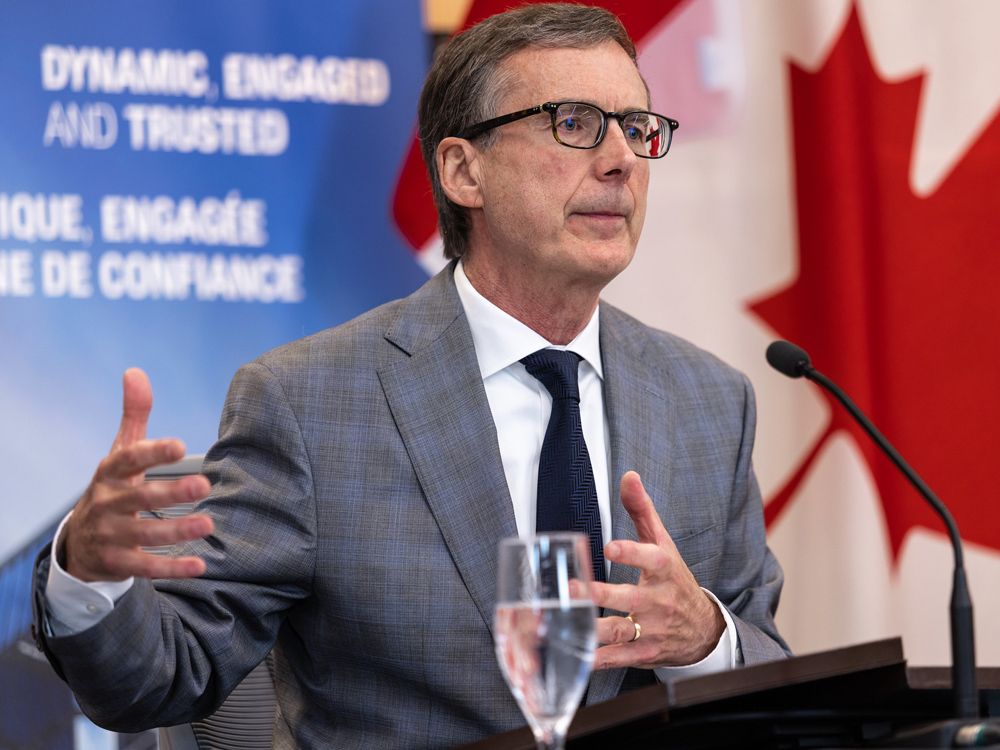
According to the carmaker, the first trainings for mine operators and miners have begun.
Currently, Volkswagen does not accept cobalt from artisanal mines
The project is being implemented by GIZ and financed by BASF, BMW Group, Google, Samsung Electronics, Samsung SDI and Volkswagen.
Almost three-quarters of the world’s cobalt comes from the Congo and demand is forecast to surge in the coming years.
However, artisanal cobalt, produced by small-scale miners who often dig by hand, has become a divisive issue.
“For our e-mobility strategy, sustainable and responsible sourcing of raw materials is of the utmost importance. Cobalt plays a vital role for us, despite a decreasing amount of the raw material in newer generations of batteries for electric vehicles,” Ullrich Gereke, Head of Procurement Strategy at the Volkswagen Group said.
“We are seeking to establish artisanal mining in the Democratic Republic of Congo as a strictly sustainable cobalt source, because the existence of many local communities depends on this sector.”
Currently, Volkswagen does not accept cobalt from artisanal mines.
Training curricula on more sustainable working conditions are currently being prepared, initially for 1,500 miners from 12 artisanal cobalt mining cooperatives in and around Kolwezi in the Democratic Republic of Congo, the company said.
“The objective is to test at a legally-operated site under what conditions responsible artisanal mining could be viable. So far, 36 artisanal mines have been screened to identify a suitable site” Volkswagen said in a press release.
Recently, Tesla also joined the fledgling Fair Cobalt Alliance, aiming to end the use of child labor at mining sites and improve working conditions in the DRC.
The group is also backed by Glencore Plc and major Chinese cobalt refiner Zhejiang Huayou Cobalt Co.




